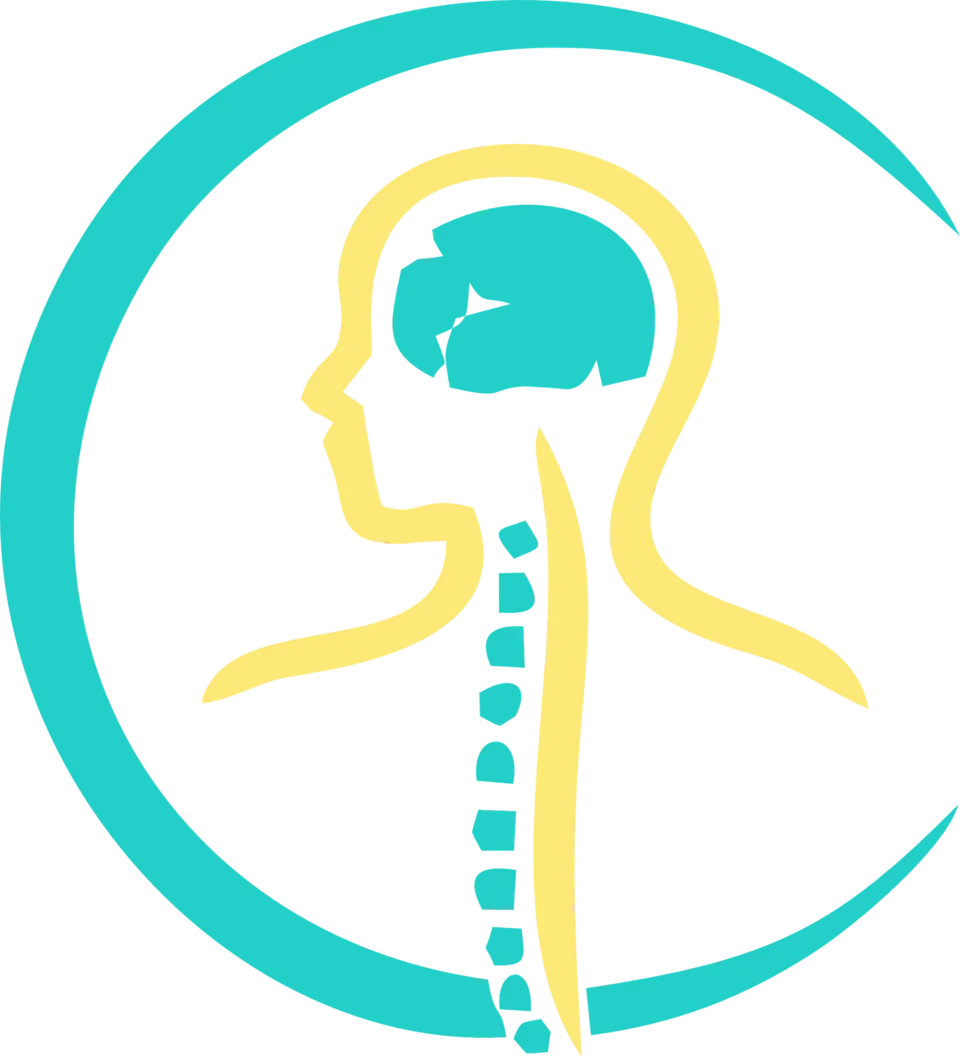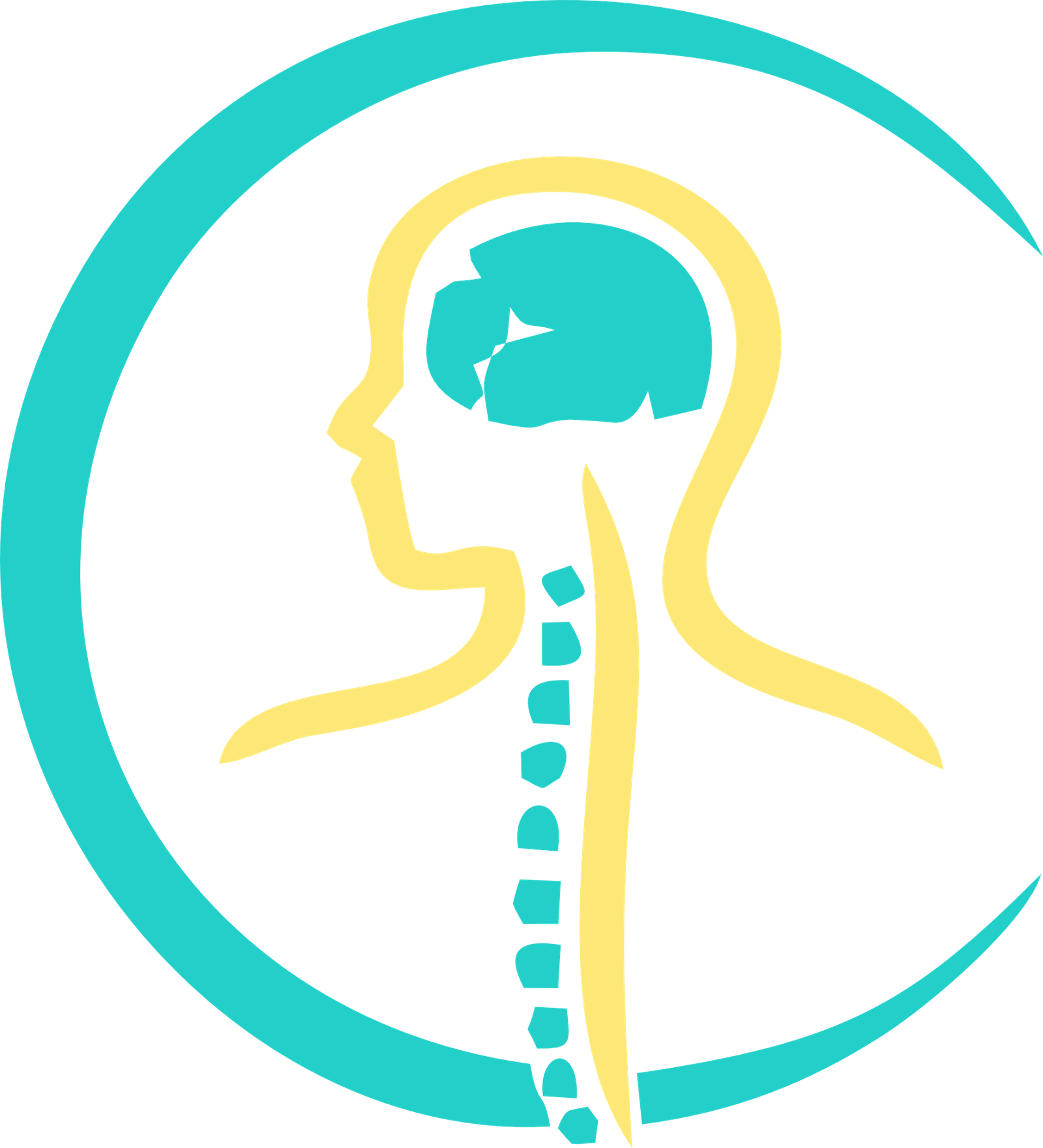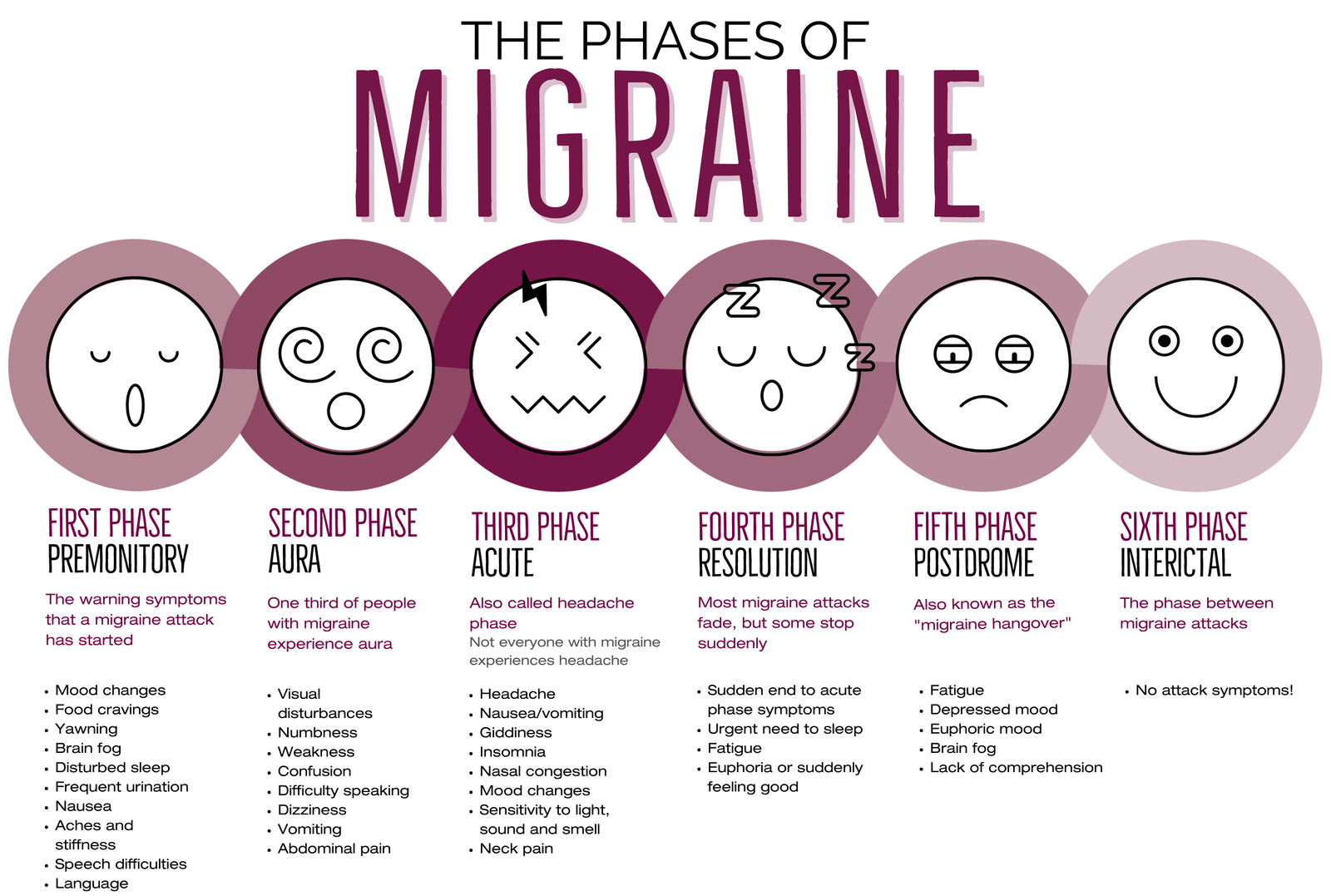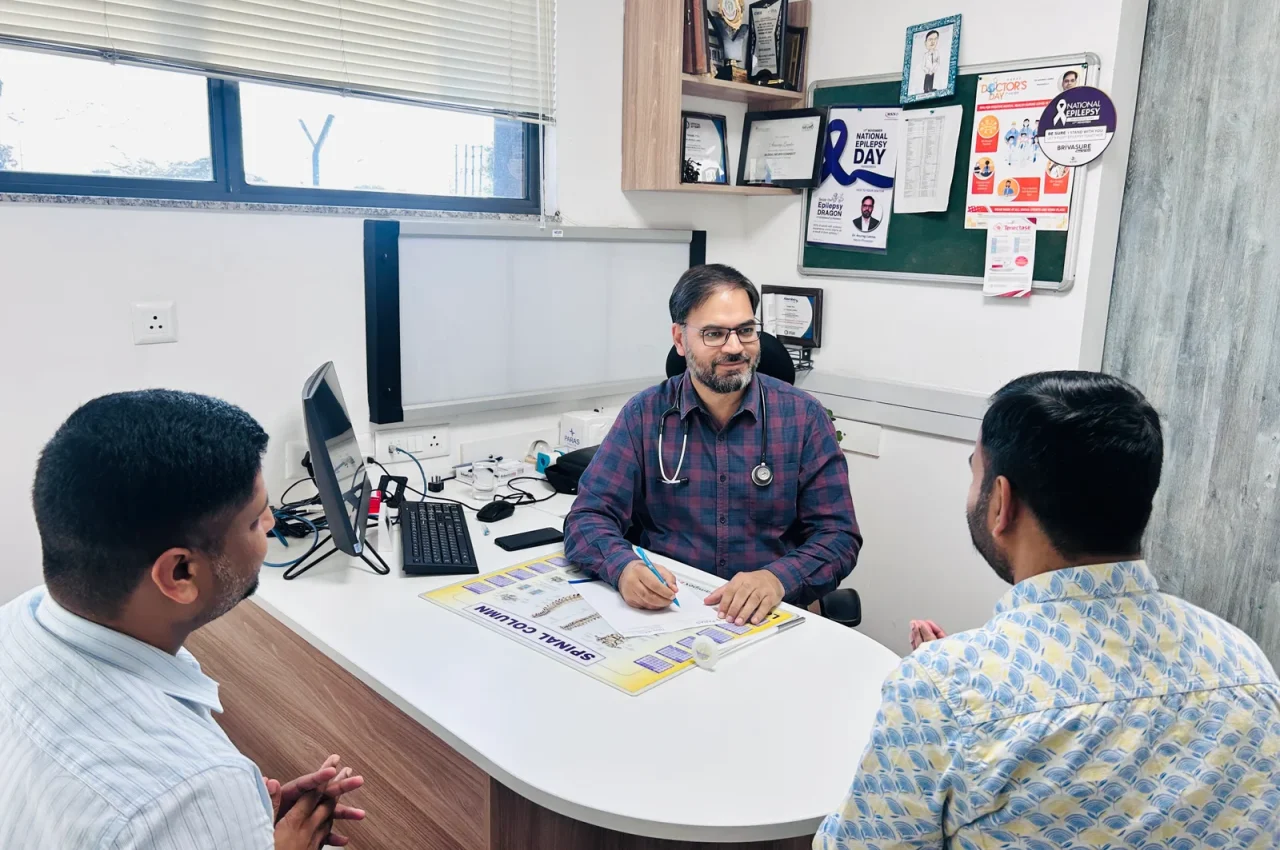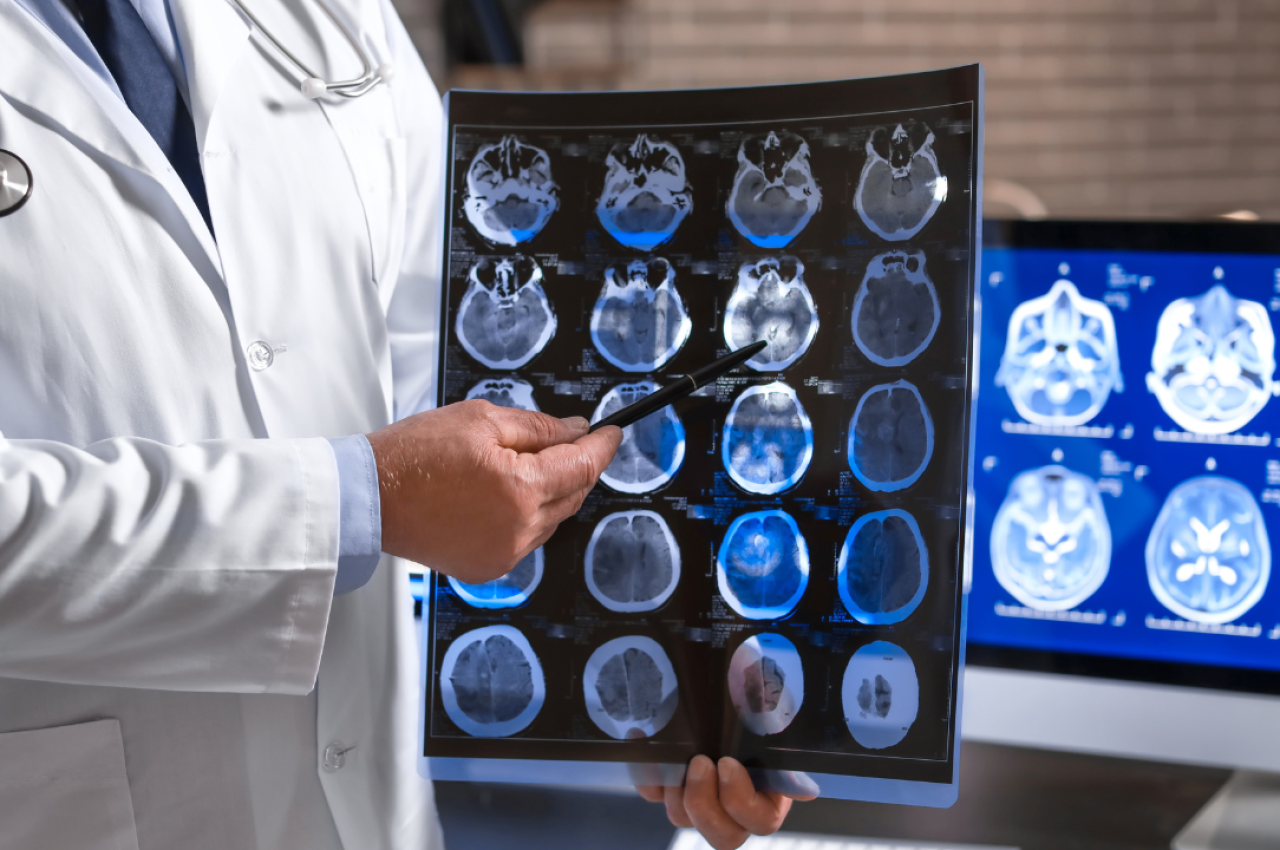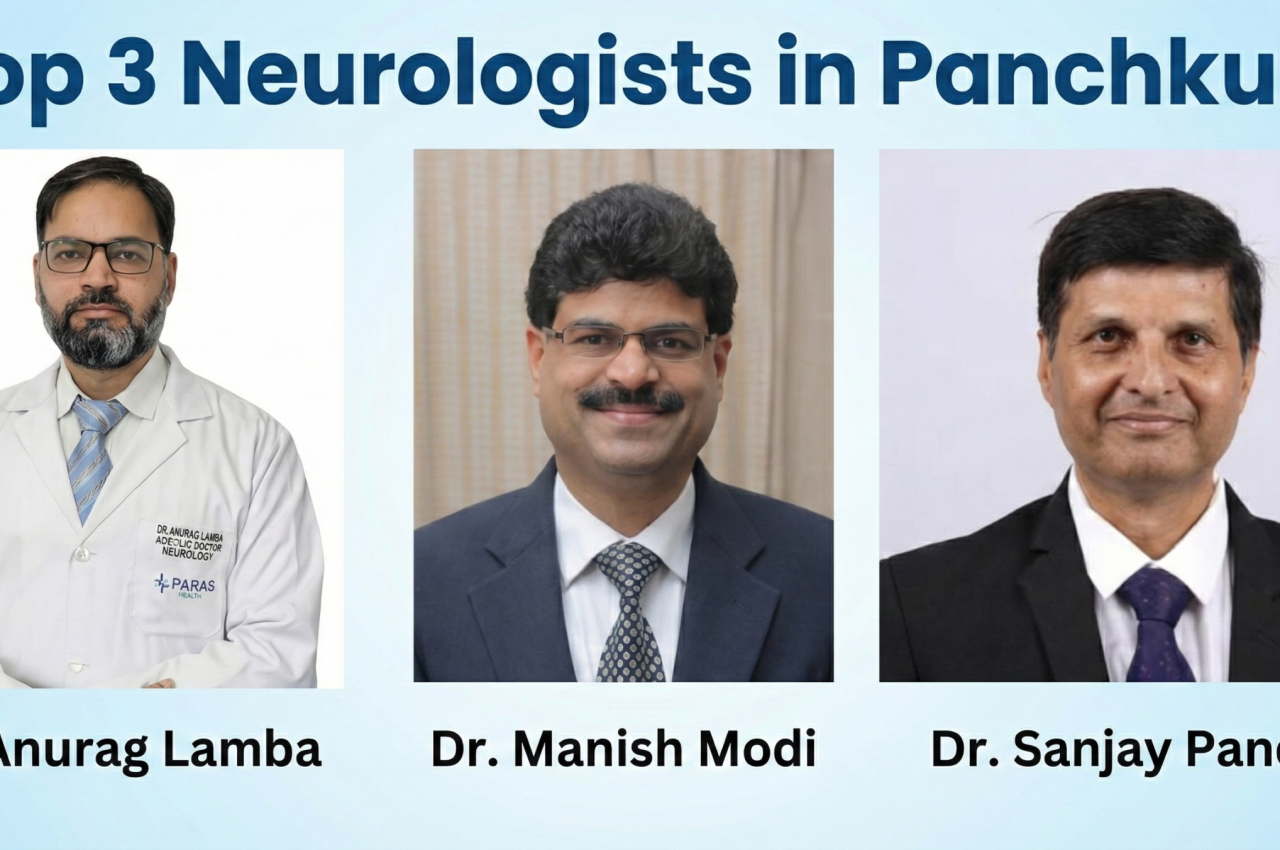It starts as a dull pressure near the temple. Within minutes, it becomes a throbbing pain that ruins your workday, cancels dinner plans, and forces you to lie in a dark room. For many in Panchkula, migraines are becoming a weekly struggle. But what if we told you that the trigger might not be stress or weather — but a daily habit you don’t even think twice about?
At Dr. Anurag Lamba’s neurology clinic in Panchkula, we’re seeing a rise in migraine patients — and surprisingly, one of the biggest culprits is skipping breakfast. Yes, that seemingly harmless “I’ll eat later” decision is triggering more migraines than ever before.
Why Skipping Breakfast = Brain Chaos
Your brain is a high-energy organ. It needs a constant supply of glucose — especially after 8–10 hours of overnight fasting. When you skip breakfast, your blood sugar drops. That drop triggers your brain’s alarm system — leading to the release of stress hormones like cortisol, which can directly activate migraine pathways.
“Many patients say their headaches start mid-morning, especially on busy workdays,” says Dr. Anurag Lamba. “Once we ask about meal timings, it becomes clear — fasting or irregular eating is often the main trigger.”
Real Story: How a Panchkula CA Got Her Weekends Back
Sakshi, a 33-year-old chartered accountant from Sector 20, Panchkula, had been suffering from Sunday migraines for over a year. “I thought it was work stress releasing on weekends,” she said. But Dr. Anurag noticed a pattern — she would wake late, skip breakfast, and have chai directly at noon. The result? A crashing migraine by 3 PM.
She started having a light but consistent breakfast — a banana, poha, or even a boiled egg. Within 2 weeks, her weekend migraines disappeared.
“Turns out, my cure wasn’t in a medicine. It was in my kitchen,” she laughed during her follow-up.
Other Everyday Mistakes That Fuel Migraines
Skipping breakfast isn’t the only mistake. In Panchkula, certain lifestyle habits are silently contributing to migraine frequency:
- Dehydration: Hot weather + low water intake = classic trigger
- Overuse of painkillers: Frequent use of paracetamol or combiflams can cause rebound headaches
- Irregular sleep: Waking late on weekends or binge-watching shows till 2 AM throws off your circadian rhythm
- Strong fragrances or agarbattis: Common in Indian homes, but often a trigger
If you relate to any of these, it’s time to observe your routine more closely.
The Science: What Happens in a Migraine Brain
According to the National Institute of Neurological Disorders, migraines involve abnormal brain activity that affects nerve signals, blood vessels, and brain chemicals. The trigeminal nerve (which controls facial sensations) gets activated, releasing neuropeptides that cause inflammation and pain.
Triggers like fasting, dehydration, and sleep disruption increase the sensitivity of this system, lowering your brain’s migraine threshold.
How Dr. Anurag Diagnoses Migraines Differently
In Panchkula, many patients are misdiagnosed with sinus or cervical headaches. Dr. Anurag’s clinic follows a layered diagnostic protocol:
- Detailed history taking: Timing, food habits, cycle tracking (in women), emotional stressors
- Neurological exam: Rule out tumours, TIAs, or vertigo causes
- Migraine diary: Patients track sleep, meals, headache onset for 15 days
This holistic method often reveals hidden patterns — especially those linked to daily choices.
Why Women in Panchkula Report More Migraines
From hormonal fluctuations to multitasking at home and work, women in Panchkula often ignore early signs. Add fasting for karvachauth, skipping meals during “diet plans,” or surviving on chai — and it becomes a perfect migraine cocktail.
Estrogen dips just before periods also act as a trigger, especially in perimenopausal women. This is where personalized plans matter — sometimes hormonal tracking is needed alongside diet and lifestyle management.
Simple Fixes That Work — Without Pills
Dr. Anurag often prescribes non-medication strategies first, especially for mild to moderate migraine sufferers:
- Never skip meals — even a fruit or toast can stabilize sugar levels
- Drink 2.5–3L water daily — especially in summer months
- Sleep and wake at the same time, even on weekends
- Start a migraine diary to catch patterns
- Reduce screen time during episodes — use blue-light filters
For many, these adjustments reduce attacks by 50% within a month.
When You MUST See a Neurologist
Migraines aren’t always harmless. Some red flags include:
- First-ever severe headache after age 40
- Visual loss, limb weakness, or slurred speech
- Persistent headache that’s worsening over days
- Fever or neck stiffness with headache
In such cases, an MRI and full neurological evaluation is essential. Early detection can even uncover brain tumors or mini-strokes hiding behind “headache” symptoms.
Panchkula Needs to Rethink Headaches
A lot of residents in Panchkula still try “nuskas” or delay doctor visits. But as Dr. Anurag says, “Headaches are your brain talking. Don’t silence it — listen.”
Something as simple as eating breakfast could save you years of suffering. And if the headaches continue, know that help is close by — with proper answers, not just pills.
“Migraines may be common, but suffering in silence doesn’t have to be.”
“The solution might not be in your medicine cabinet — but in your morning plate.”
Related Reads:
- Headache & Migraine: Causes, Symptoms, and Treatment
- Brain Tumours vs. Migraine: How to Know the Difference
- Recovery After Brain Surgery: Timeline & Tips
- Neurosurgery 101: Common Brain & Spine Procedures
Want to speak to Dr. Anurag about your migraine symptoms? Click here to book a consultation.
Disclaimer: This article is for educational purposes only. Please consult a neurologist for a proper diagnosis.
